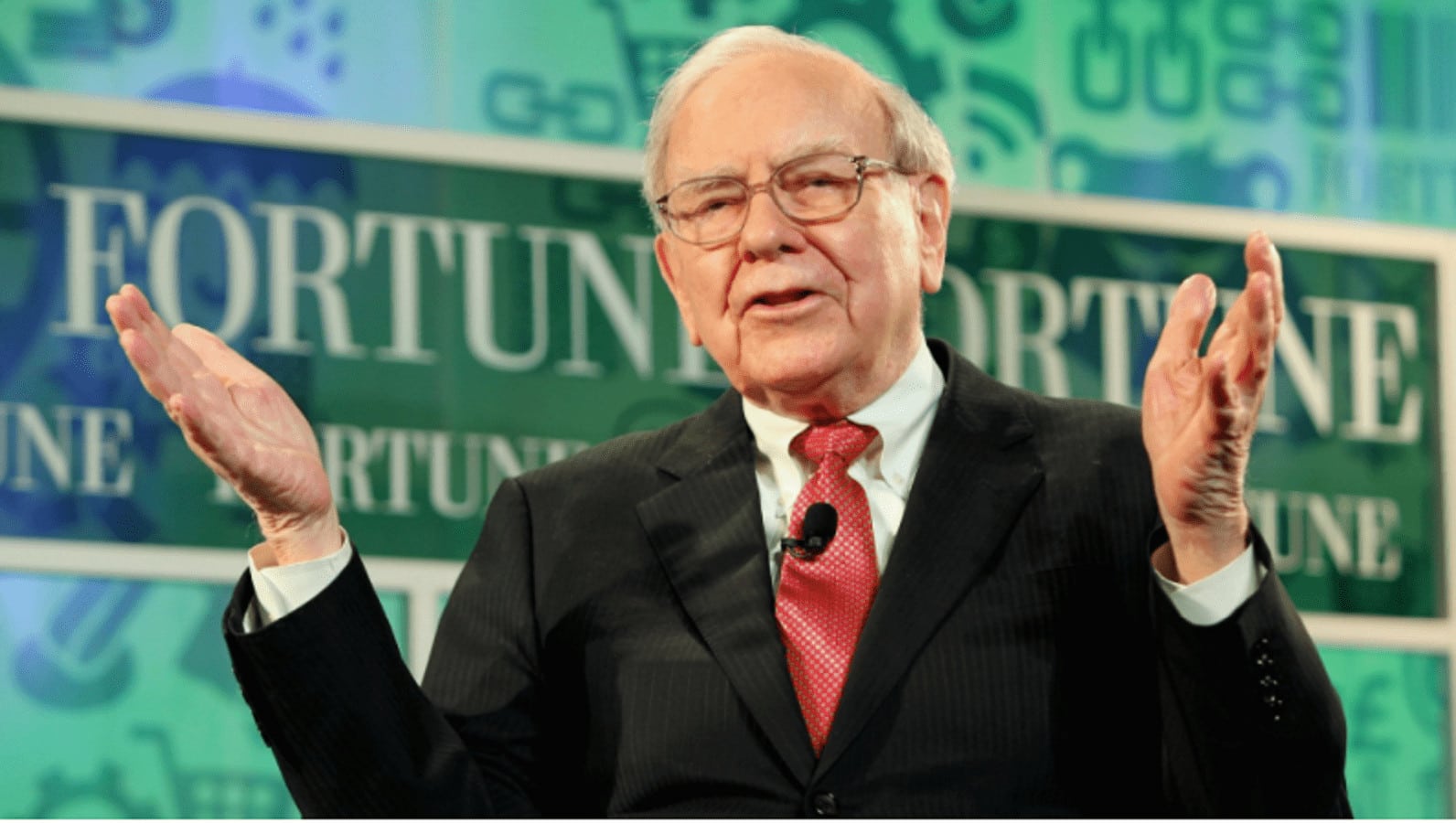
Ever since Warren Buffett’s retirement announcement at Berkshire Hathaway’s annual shareholder meeting in early May, the company hasn’t looked the same.
Shares of Berkshire Hathaway (BRK) have dropped nearly 15% since Buffett stepped away. And while that alone isn’t catastrophic given Berkshire’s long-term track record, the timing is hard to ignore.
“Buffett might have to cancel his retirement,” quipped Barchart in an X post, noting that Berkshire is now underperforming the S&P 500 by a staggering 26 percentage points over the past three months.
To be fair, the long-term view is still solid with the stock is up more than 5,800% all-time. But the sell-off appears more than coincidental.
Analysts say the market may no longer be assigning a "Buffett premium" now that the Oracle of Omaha has officially stepped back from day-to-day decision-making.
A weak Q2 earnings report didn’t help either. Operating earnings declined 4% year-over-year, weighed down by a $3.8 billion write-down in the long-held Kraft Heinz position, a deal Buffett himself has since admitted was overpriced.
“He acknowledged he overpaid,” said Bill Stone, CIO at The Glenview Trust Company. “And with branded food facing rising competition, that decision hasn’t aged well.”
Tech remains Berkshire’s blind spot
The timing of Berkshire’s underperformance stands out even more when contrasted with the broader market rally led almost entirely by tech stocks.
Buffett famously avoided most of the tech sector for decades, admitting he didn’t fully understand the business models. The one major exception: Apple (AAPL), now Berkshire’s largest holding.
But even then, Buffett made clear he viewed Apple not as a tech play, but as a consumer brand with deep customer loyalty.
That distinction matters, especially now.
As InvestorsObserver reported, tech and communication services are now driving the lion’s share of the S&P 500’s gains. That reliance comes with fresh risks, particularly around concentration and valuation.
Nvidia (NVDA) now represents nearly 8% of the entire index, a new record for a single stock. By comparison, Apple recently made up 7.6%, while Microsoft (MSFT) topped out at 4.9% at the peak of the dot-com bubble.
Buffett’s long-standing skepticism of overhyped growth stories may have served him well over the decades. But in today’s tech-dominated rally, Berkshire’s conservative portfolio may be getting left behind.
Your email address will not be published. Required fields are markedmarked